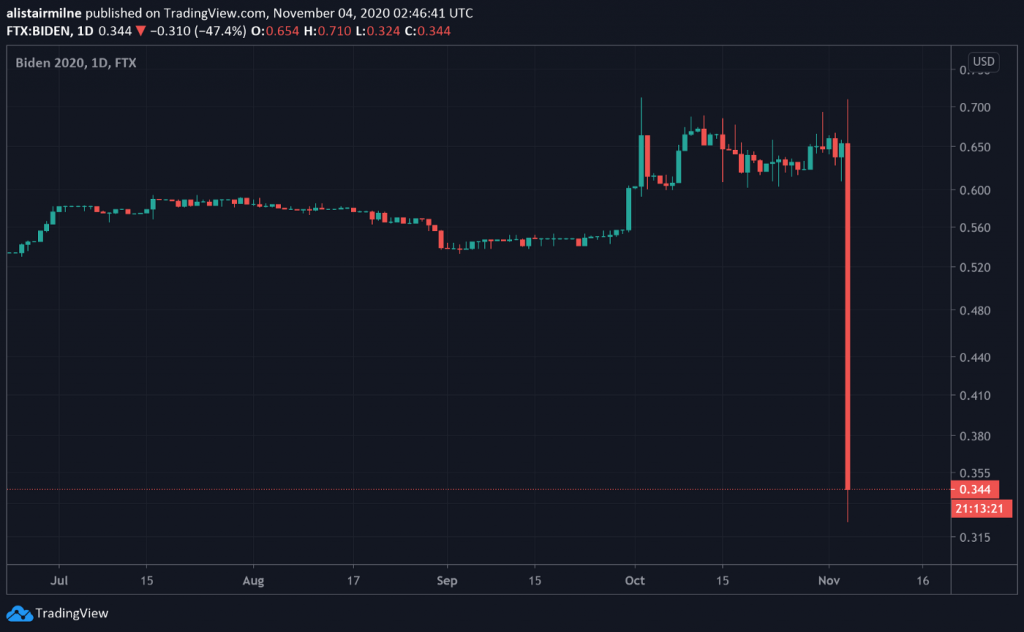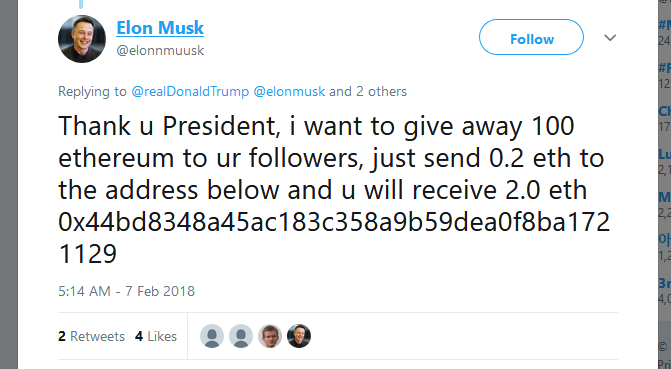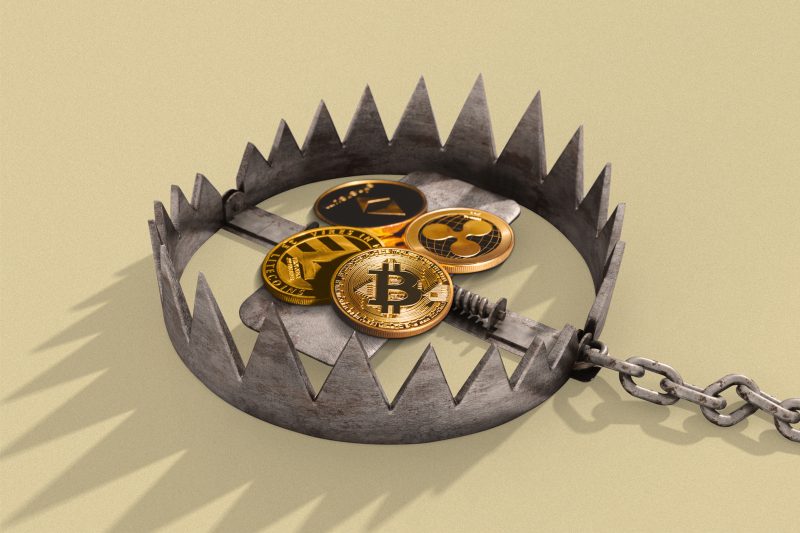The crypto industry has undoubtedly brought revolutionary change to the finance sector. However, there have been many shortcomings in the space. One major cause of concern is the prevalent scams surrounding crypto and Defi (Decentralized Finance).
Although the percentage of crypto scams has decreased over the years, people still fall prey to vicious attackers. Moreover, Defi hacks make up a majority of exploits that take place in the industry. In 2021 a whopping $12 billion was stolen from the Defi sector due to poorly designed/programmed smart contracts. Scams have been responsible for destroying many innocent lives.
One of the significant issues with decentralization is that the code is available to all. As such, people with ill-intent can also view the same, leading to them knowing about any flaws in the system.
A third party can review the code, no doubt about that. However, this process is expensive, and many young projects do not have enough funds to conduct extensive audits. There starts the first step in how a crypto scam takes shape.
So let’s look at some of the most common crypto scams and how we can protect ourselves from them.
Most common crypto scams
Rug Pull: A rug pull is one of the most common scams in the crypto industry. A rug pull starts when developers begin to promote a new “revolutionary” product, and they then take in millions, or even billions, in funding from investors. And then, one day, out of the blue, the developers sell the tokens and disappear.
Regardless, a rug pull is relatively easy to spot, and one only needs to pay attention to the details. If a project does not talk of a token lock-up period, especially for the developers, they are free to do what they want with the tokens. This is the first red flag.
It is advisable to align with projects with a lock-up period, preventing developers from running off. Projects that are open with the community, with constant updates and a long-term plan, are what you look into.
The chart below depicts what a rug-pulled project looks like.


The Squid Game rug pull is one of the biggest rug pulls in crypto history, and the token grew by 33,600% before the creators vanished.
Additionally, a pump-and-dump scam is very similar to a rug pull. However, it is not exclusive to Defi.
Social Media Scams: Impersonation to scam others is an age-old tactic. This practice has today crossed over to the digital realm—numerous reports of people getting scammed by someone impersonating to be somebody else. Attackers usually approach unsuspecting prey with an offer or a giveaway, and they then ask their target to send some tokens to a specific address.
These scams are plenty and also relatively easy to spot. The attacker’s account will usually give it away. They do not have a lot of followers and mostly try to impersonate a known figure.
Such scams may appear silly, but they occur daily. Many innocent people fall prey to such scams every day.


Phishing scams: Phishing scams are as old as the internet. Scammers pretend to be part of a legitimate company to gather personal data and information. In Defi, it is done over email. The attacker may message that the user’s account has been compromised. And hence they should share their login details with the other. This leads to the victim unknowingly sending their details to the attacker.
Most companies never send such emails. Many companies have a message that reads, “We will never email you.” And even if they do, it will only happen after the user sends the company a message first. Moreover, checking the sender’s email address is essential, and even a slight change in spelling should ring your alarms.
Some precautionary steps
Apart from the scams mentioned above, there are some steps that we should always bear in mind.
Firstly, and most importantly, one should do their research before investing hard-earned money. This step itself will save many from harm.
Secondly, it is advisable to use a hardware wallet. When attackers are also hitting exchanges, the only place your crypto is safe from scams is with yourself.
Another way to protect yourself is to use multi-factor authentication on your wallet.
With this in mind, we hope you will be vigilant and keep your eyes peeled. Ill-intended people are everywhere, not just in crypto. And it is of the utmost importance that we never let our guard down.





